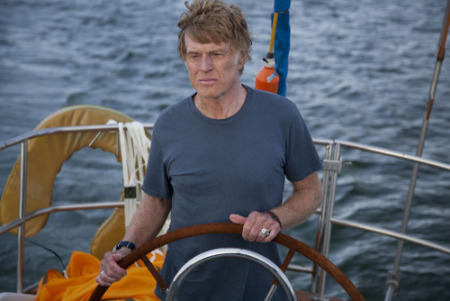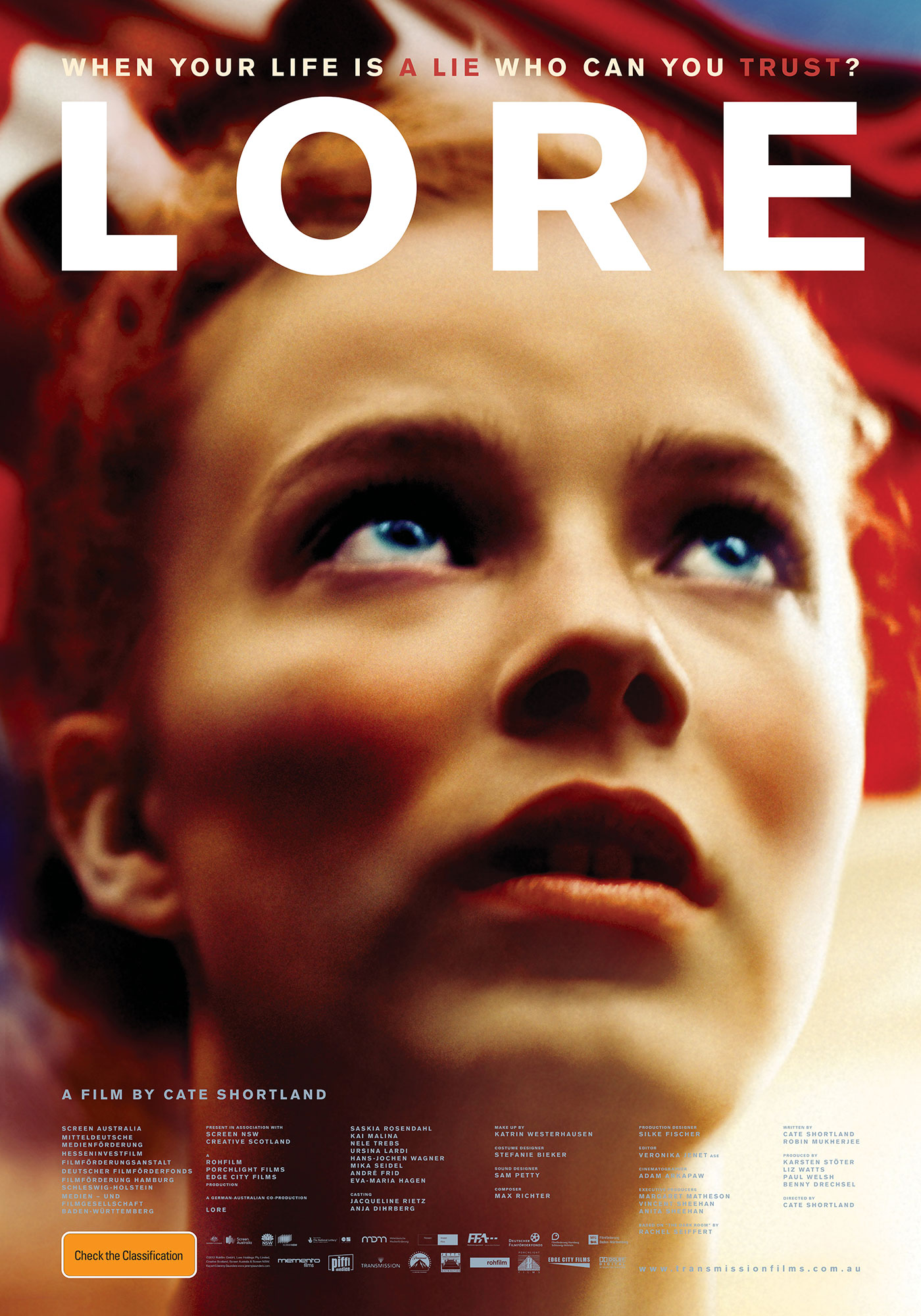LFF: Saving Mr. Banks
 Sunday, October 20, 2013 at 6:01PM
Sunday, October 20, 2013 at 6:01PM David brings you one of the first reviews from the London Film Festival's world premiere of this unseen Oscar tip. Will Disney add some more statues to his vast collection?

Emma Thompson is an exquisite crier. Friends, acquaintances and enemies still cite her strand of Love Actually as easily the film’s strongest aspect, and her reaction to her husband’s thoughtful but incorrect present as one of the actress’ finest moments. There’s something about the way the composed, somewhat remote attitude crumbles, drawn all over Thompson’s face, that makes it so sympathetic and wistfully beautiful to witness. And it’s due to this, partly, that Saving Mr. Banks is as successful as it is – the experienced, perceptive way both Thompson and co-star Tom Hanks have of selling their monologues and close-ups, which in less experienced hands could so easily have seemed hackneyed and manipulative.
 John Lee Hancock’s tale of the negotiations between Walt Disney (Hanks) and Mary Poppins author P.L. Travers (Thompson) is pretty standard sentimental stuff, quickly establishing the hearty transatlantic binary between uptight Brit and liberal American. Travers insists on being called “Mrs. Travers”; Walt, his employees whisper to her, only works on a first name basis. Kelly Marcel and Sue Smith’s screenplay mines this for as many laughs as it can possibly produce. [More]
John Lee Hancock’s tale of the negotiations between Walt Disney (Hanks) and Mary Poppins author P.L. Travers (Thompson) is pretty standard sentimental stuff, quickly establishing the hearty transatlantic binary between uptight Brit and liberal American. Travers insists on being called “Mrs. Travers”; Walt, his employees whisper to her, only works on a first name basis. Kelly Marcel and Sue Smith’s screenplay mines this for as many laughs as it can possibly produce. [More]







